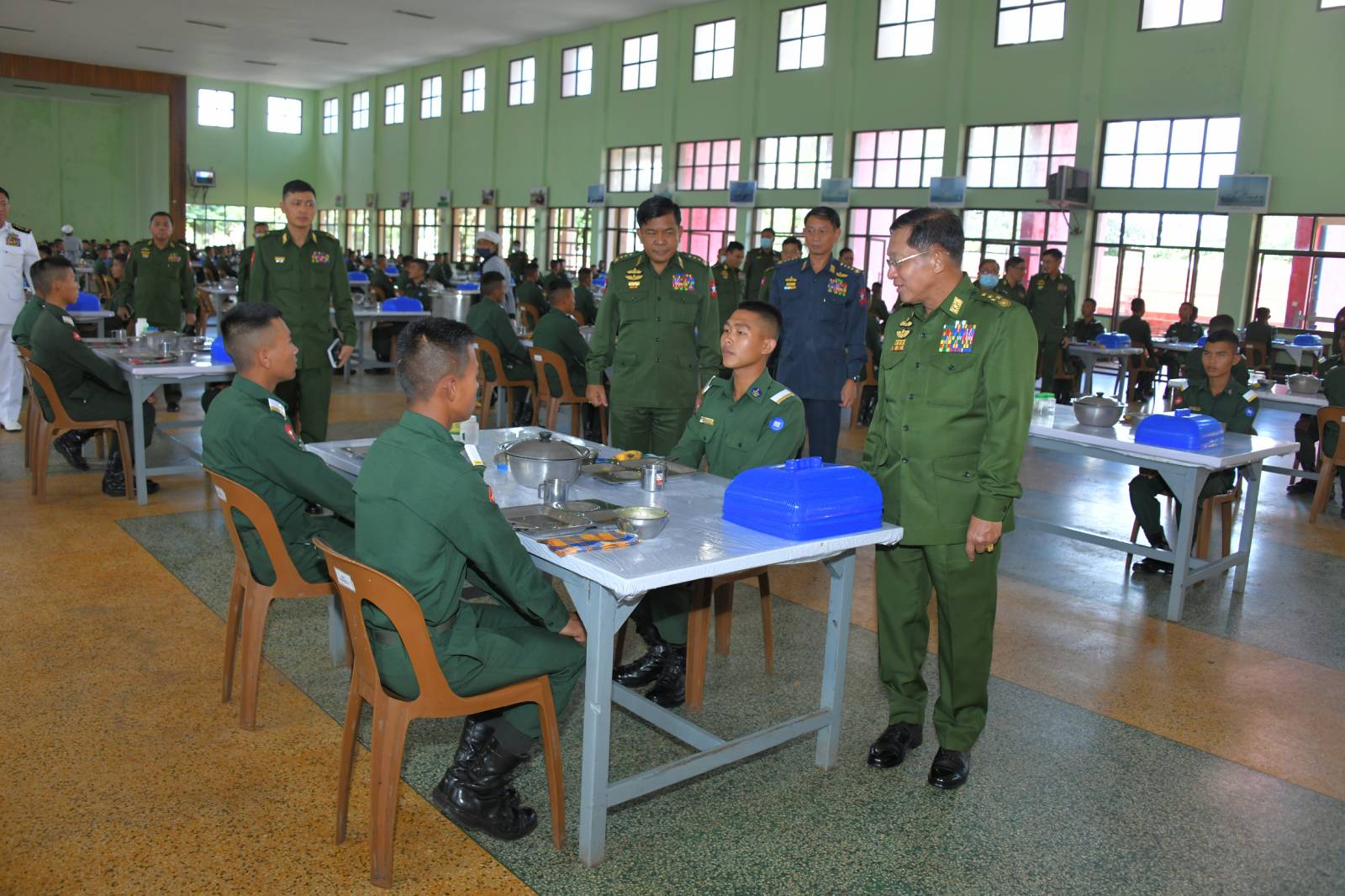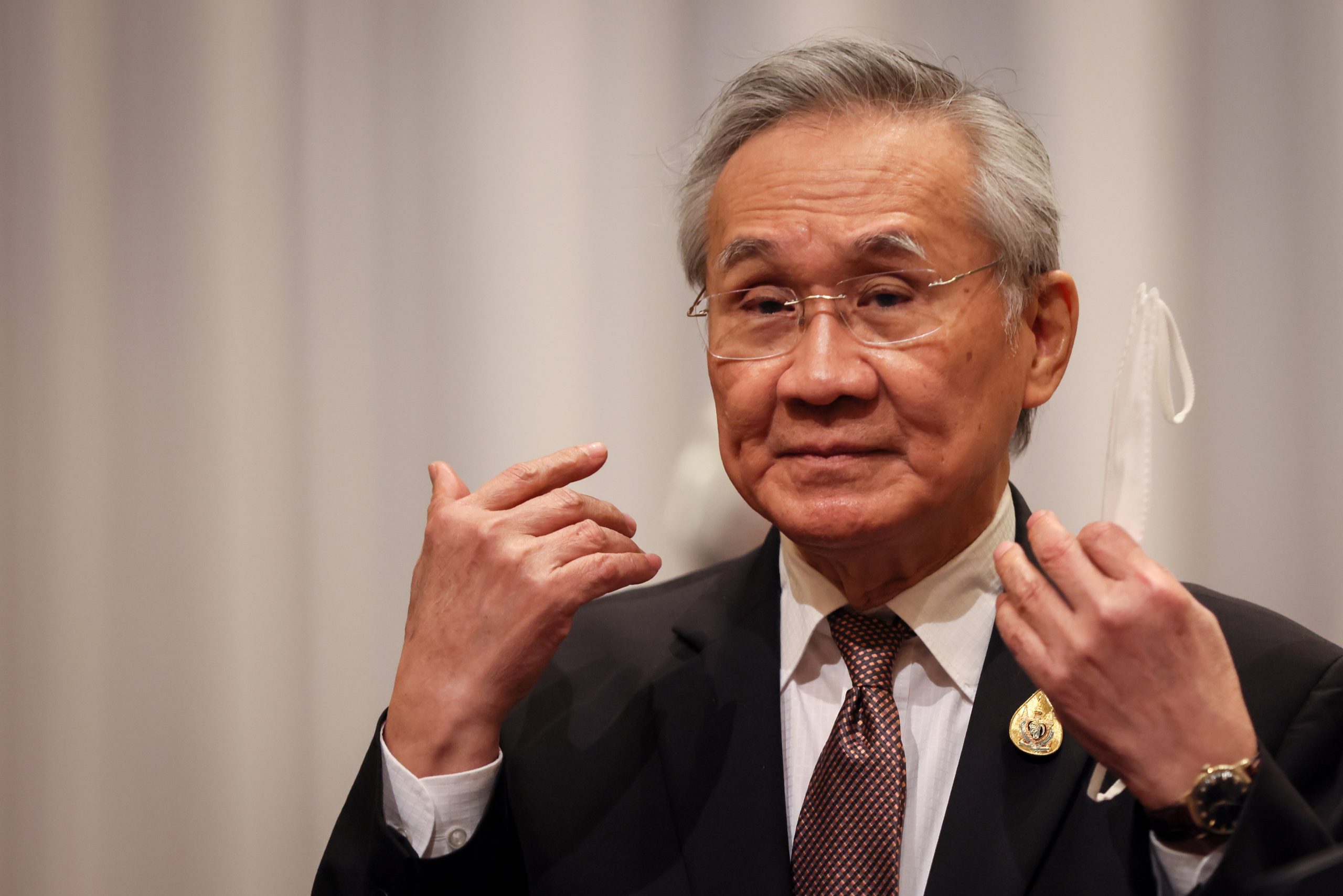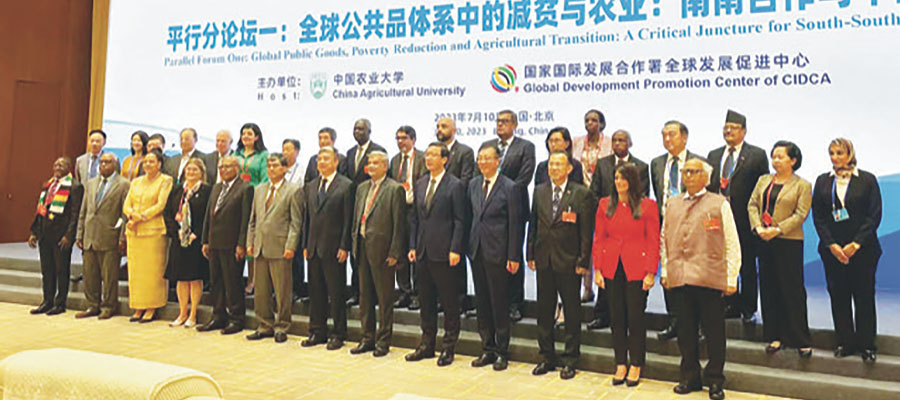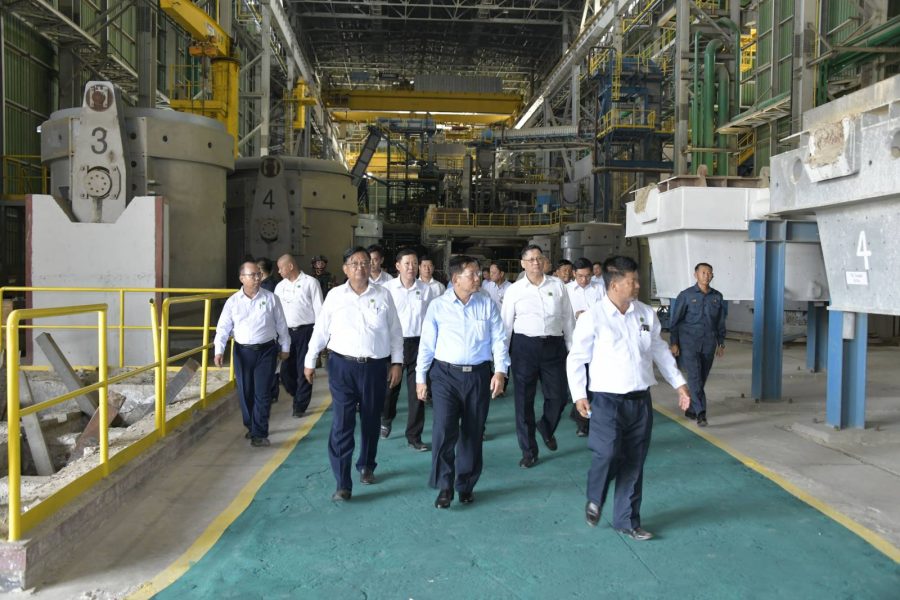E-Commerce eyed as cash cow for war chest

Myanmar’s military regime declared on July 4 that it would issue regulations governing online selling after categorizing it as an essential service, prompting concerns that the cash-strapped junta is seeking new tax revenue.
Online vendors have good reason to worry. The regime launched an online lottery last month while cutting power to households that fail to pay electricity bills for more than six months – signs that it desperately needs cash to continue fighting its multi-front war in the country.
It is therefore reasonable to assume that the regime may abuse provisions in the Essential Supplies and Service Law, which carries fines of up to 500,000 kyats (around US$ 170 at the market exchange rate of 3,000 kyats per dollar), to make money from the thriving online market.
E-commerce is a growing sector in Myanmar, but the majority of operators are individual vendors who sell imported food, consumer goods, clothes and cosmetics. The sector offers a precious lifeline for countless households throughout the country.
Netizens have criticized the junta’s move to restrict online vendors in an economy that has been in freefall since the coup.
Bogus ads to lure recruits

Faced with a recruitment crisis, desertions and heavy casualties in daily clashes with resistance forces, the Myanmar military has been forced to revamp its recruiting strategy.
The military has been posting advertisements on social media designed to mislead job seekers into thinking that the employer is a private company, according to military defectors.
The advert details openings in the post of administrative clerk, with accommodation provided. Job-seekers who reply through Facebook Messenger are asked to come for an interview – where they are forcibly recruited into the military.
The “accommodation” advertised is actually a barracks and the “administrative clerk” is a sergeant clerk, said defectors.
The regime has also been forced to relax eligibility criteria for both officer cadets and soldiers after its brutal crackdown on anti-coup protesters and dissidents drew public ire. Falling interest in military jobs since the 2021 coup has prompted the junta to extend deadlines for applications from academies.
Its latest recruitment method shows that previous measures to attract potential young officials and soldiers have failed.
Thai hostage diplomacy with Daw Aung San Suu Kyi

After repeatedly refusing to let special envoys see her following the 2021 coup, the junta allowed Thai Foreign Minister Don Pramudwinai to meet detained civilian leader Daw Aung San Suu Kyi on Sunday at Naypyitaw prison, where she is being held in solitary confinement.
Both the regime and Thailand kept the visit secret until Don revealed details about the meeting at the ASEAN foreign ministerial retreat on Wednesday.
However, his visit was widely branded a political ruse by the junta aimed at easing international pressure just before the ASEAN meeting. It also sparked suspicion that Thailand was trying to persuade ASEAN to lift its 2021 ban on the junta’s participation in the bloc’s affairs.
Furthermore, the Thai foreign minister’s claim that Aung San Suu Kyi had relayed messages, including recommending dialogue to solve the country’s political crisis, was met with skepticism since Don is known to enjoy close relations with the junta.
Junta investment minister attends Beijing talks

The regime’s investment minister Dr Kan Zaw is in the Chinese capital to boost investment and economic cooperation. Read more:
Regime attempting to boost domestic steel production

The regime’s Industry minister discusses iron and steel plans at trade fair in Russia. Read more:

















